By James Amoh Junior, GNA
Accra, July 31, GNA – Mrs Imane Ouaadil, Ambassador of the Kingdom of Morocco to Ghana, has lauded King Mohammed VI for the remarkable economic growth and structural reforms experienced in Morocco in the past 25 years.
She said those structural reforms and economic growth had been implemented to innovate, attract foreign investment, and modernize infrastructure across Morocco.
The Ambassador was speaking at a reception in Accra by the Moroccan Embassy to celebrate the 25th anniversary of the Enthronement of King Mohammed VI – a symbol of Moroccan unity, cohesion, and links between the Moroccan people and the Alaouite Throne.
Attended by the diplomatic community, chiefs and queen mothers, Ministers of State, business leaders, heads of State Agencies, Moroccan nationals, and the media, the celebration paid tribute to the remarkable transformation the Kingdom had experienced under the leadership of King Mohammed VI over the past 25 years.
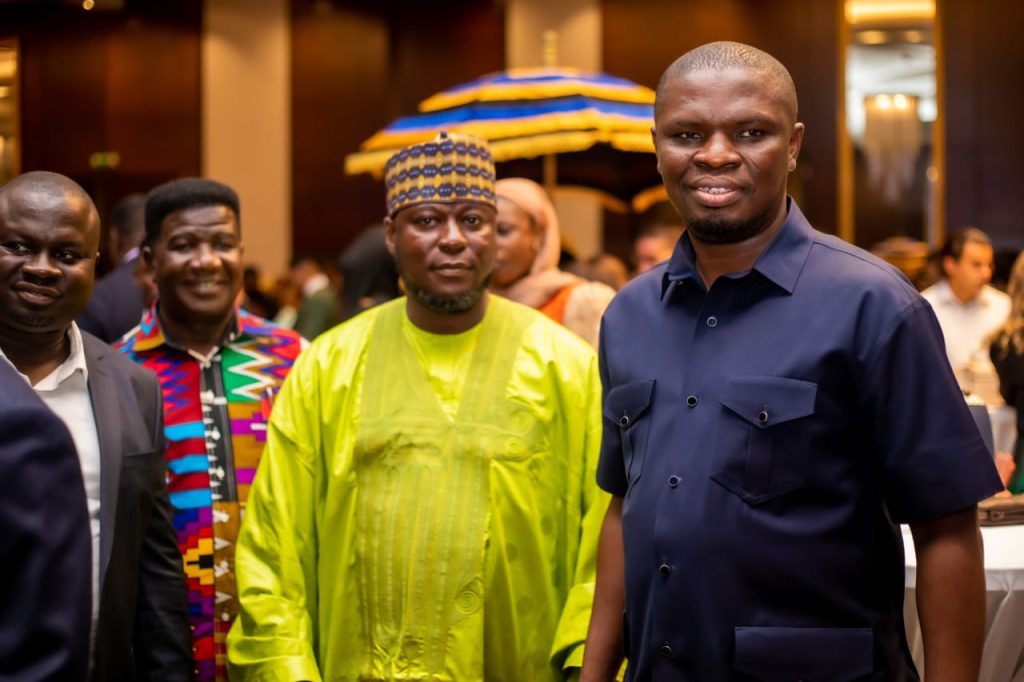
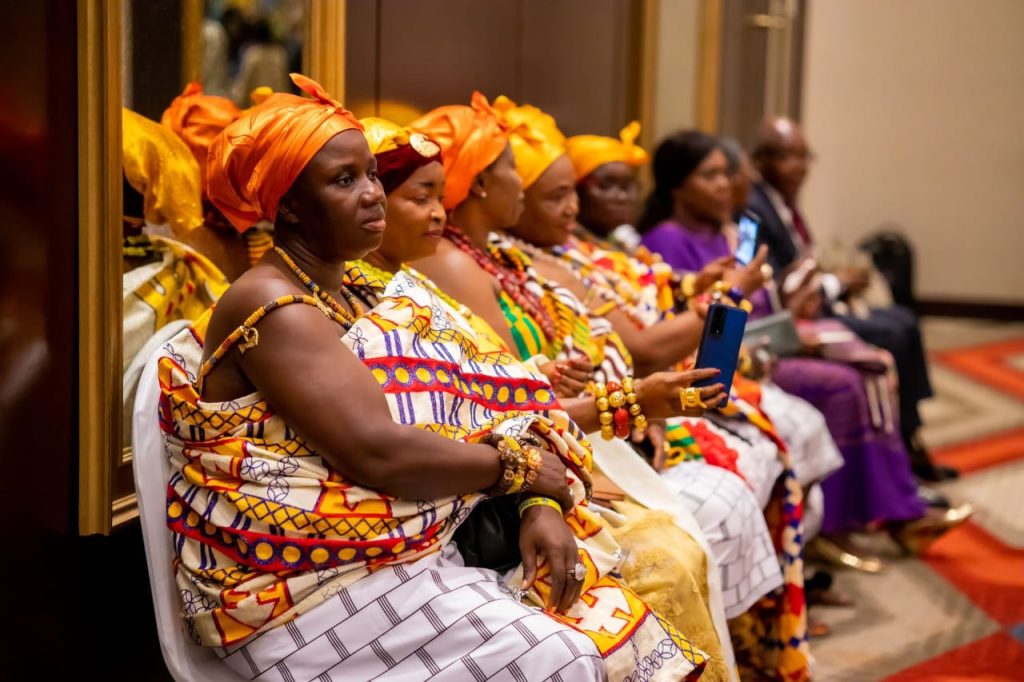
Since ascending to the throne in 1999, Mohammed VI has led Morocco, a thousandyear-old country at the crossroads of cultures, through an ambitious economic and social transformation.
Amb Ouaadil, touting the remarkable strides of the King, said building on its location on the crossroads between Africa and Europe, Morocco, under the reign of King Mohammed VI, had attracted investments by automobile giants which set up plants in Tangier, Casablanca, and Kenitra.
“The Kingdom also invested in world-class infrastructure, such as the Tangier Med port- the largest in the Mediterranean and Africa,” she said.
Mrs Ouaadil stated that, by 2026, Morocco, which was already Africa’s top car producer, would be able to double its current production capacity to 1.5 million cars.
The country’s automotive sector is also preparing for the shift to electric mobility, she emphasised.
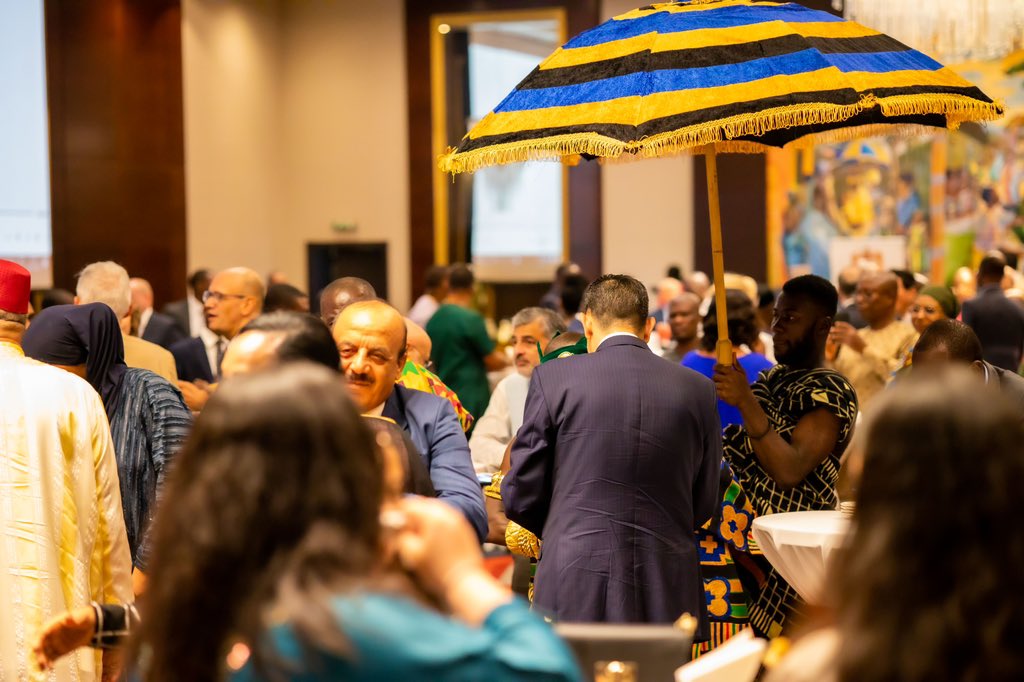
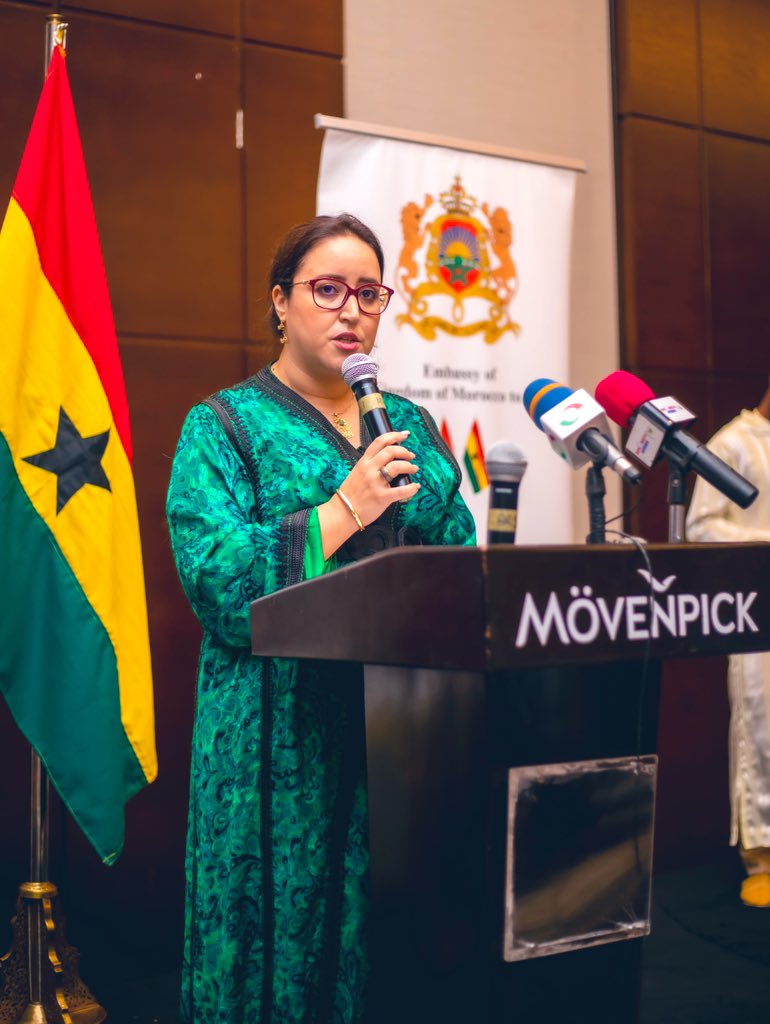
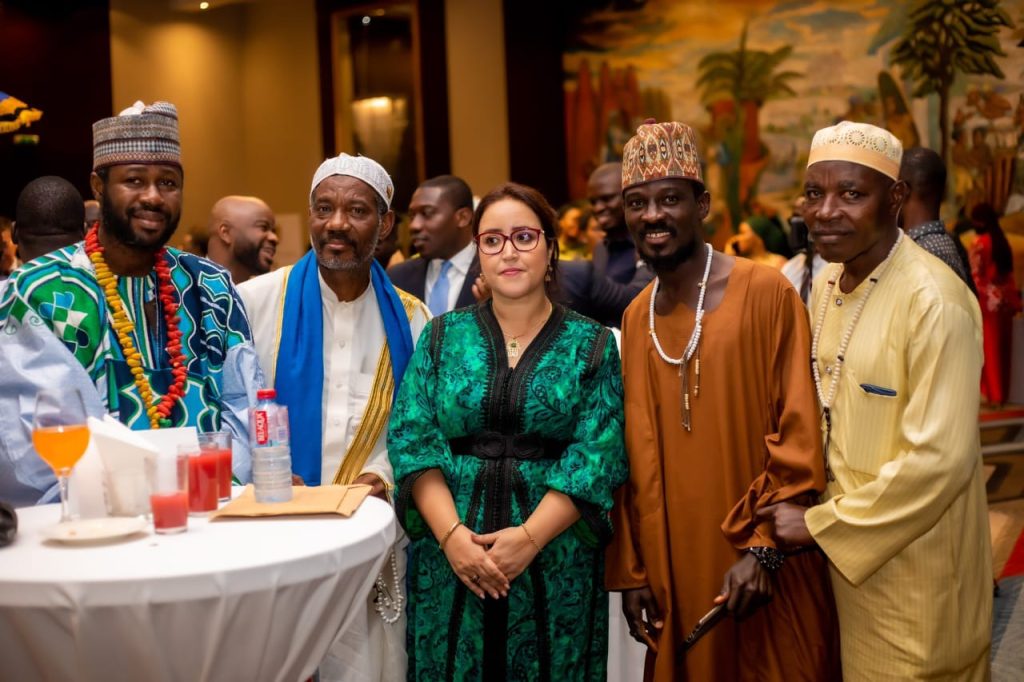
The Ambassador said Morocco’s aerospace industry sector was also thriving with 142 companies operating in the Kingdom, employing 20,000 people with a total output of $2 billion.
“Morocco also developed its phosphates-related industries to become the largest fertilizer exporter in Africa,” she said, and that Stateowned company, OCP, expected to produce 20 million tons of fertilizers by 2027, from 12 million in 2022.
To do that, Ambassador Ouaadil said the company was investing in green ammonia and desalination along with the establishment of production and blending units across the continent.
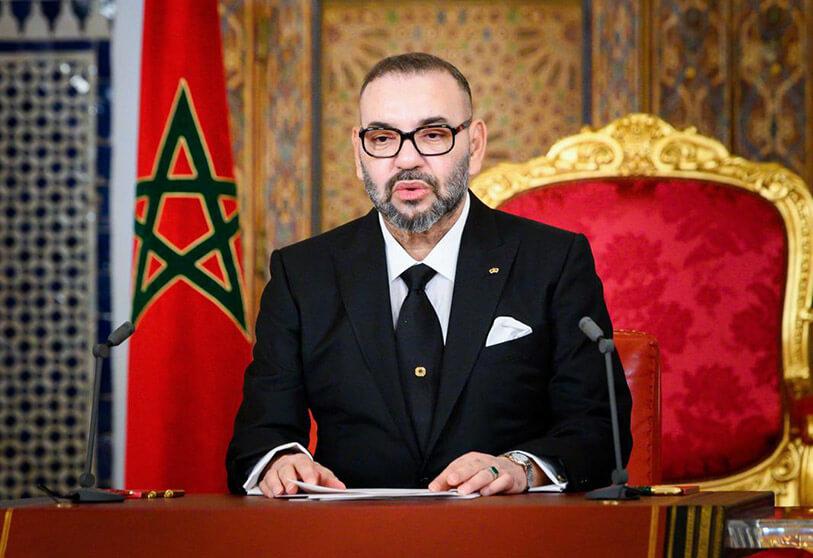
The Kingdom, she said, was committed to economic reform and was working hard to strengthen its economic resilience, but also to position itself as a beacon of sustainable development.
She said central to Morocco’s long-term prosperity was its New Development Model, which focused on social protection, inclusiveness, and gender equality.
The Ambassador noted that the economic ties between Morocco and Ghana were developing dynamically and that the two countries maintained outstanding cultural and academic collaboration, which were the fundamental drivers of fruitful cooperation.
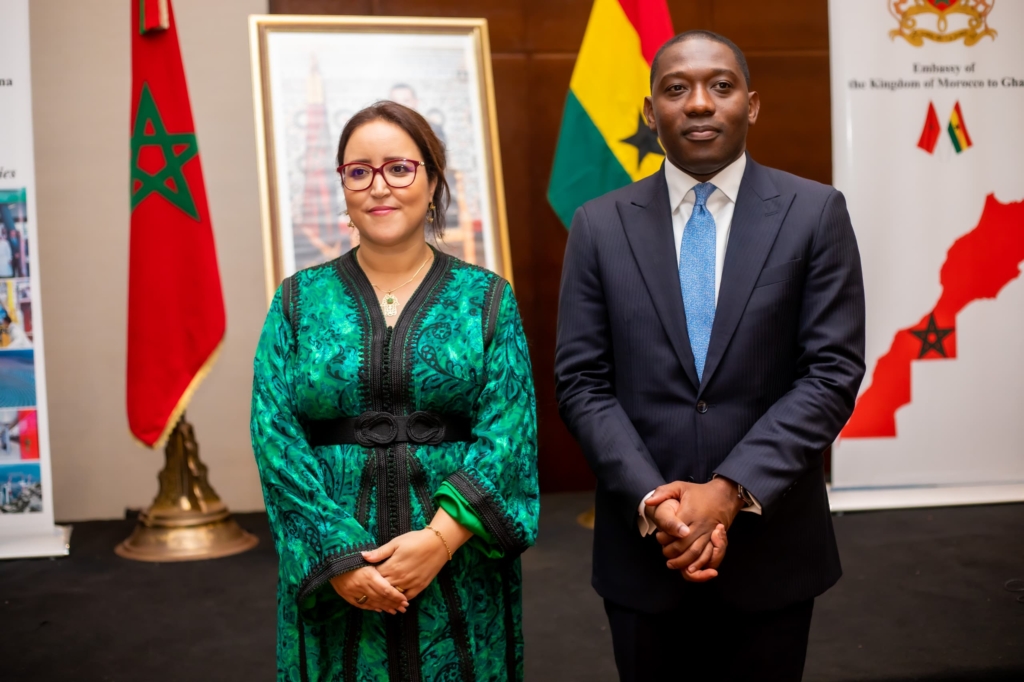
“The relationship between our two countries today is in many respects stronger now than it has ever been and I look forward to continue building on this relationship to develop an even closer partnership of equals across the different sectors of mutual interest,” she said.
On African integration, Ambassador Ouaadil said under the reign of King Mohammed VI, Morocco had strengthened its relations with many African countries, including Ghana, by signing cooperation agreements in various fields such as agriculture, health, education, and infrastructure.
She said, the Atlantic Initiative, launched by the King to facilitate access for landlocked Sahel States to the Atlantic Ocean, stood as a distinctive framework aimed at fostering multidimensional African cooperation and promoting peace, stability and socio-economic development on the continent.
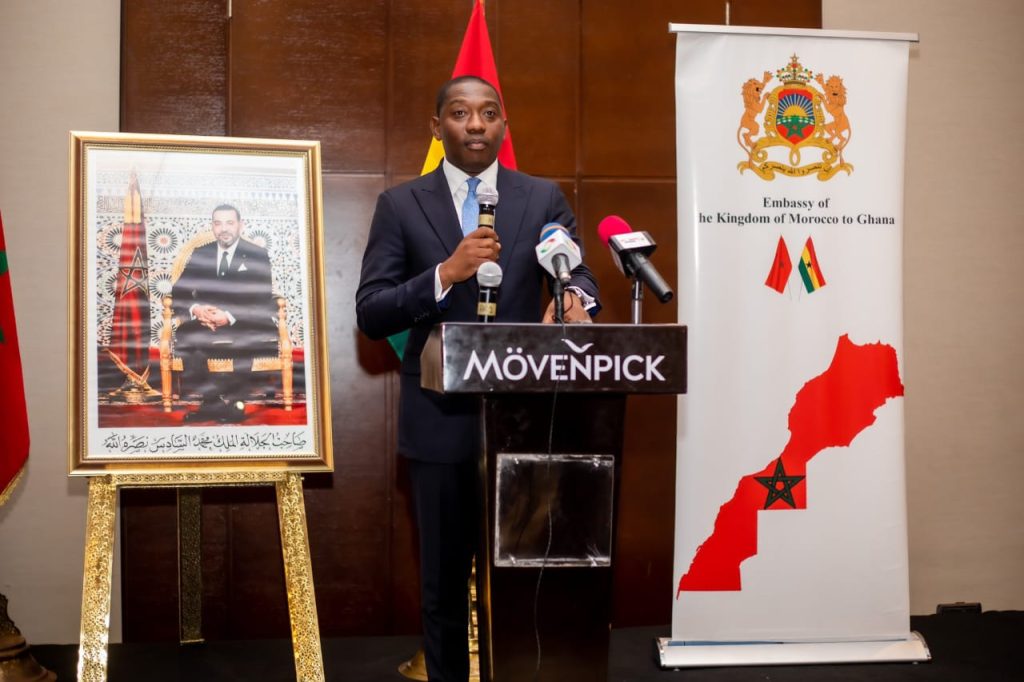
Mr Herbert Krapa, Minister of State for Energy, delivering a speech on behalf of President AkufoAddo and the Governement, reiterated the longstanding bilateral relations between Ghana and Morocco since the era of Liberation struggle for the continent’s independence, sharing a vibrant economic, cultural ties and promising future.
This relationship, he said, was grounded in mutual respect and shared aspirations, beginning shortly after Ghana gained independence in 1957.
He said the celebration of King Mohammed VI, stood as a testament to the enduring leadership and unwavering commitment to progress and unity under the King’s reign.
“Indeed under the visionary guidance of his majesty, has continually exemplified a steadfast dedication to the betterment of the broader African continent. These remarkable strides made in various spheres under His Majesty’s reign remain an inspiration to countries across the globe,” the Minister said.
Mr Krapa said Ghana and Morocco had continued to collaborate on the bilateral and multilateral level for their mutual benefit, believing that by working together and supporting each other, they could overcome their challenges.
He noted that some significant strides had been made in enhancing the economic cooperation between the two countries.
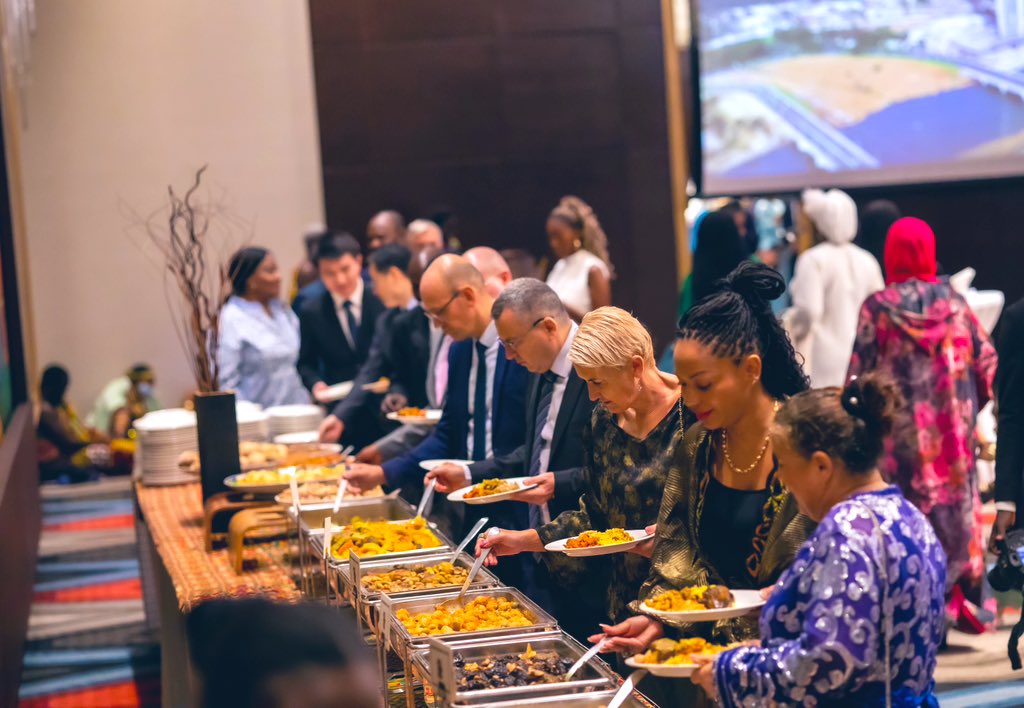
The Minister said as Morocco remained a trading destination for Ghana’s fresh fruits export particularly pineapples and bananas as it continued to invest in sectors like agriculture, infrastructure, and banking in Ghana, reflecting the resilient partnership between the two countries.
Ghana, he said, was a continuous recipient of Morocco’s frozen fish, sea foods, household electrical, body care and cosmetic products, machine parts and industrial accessories.
The Minister of State in charge of Energy called on Moroccan businesses to take advantage of the African Continental Free Trade Area (AfCTA) initiative and explore new investment opportunities in Ghana.
GNA